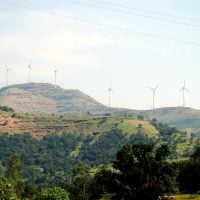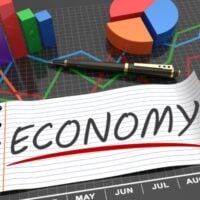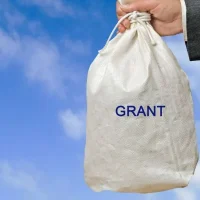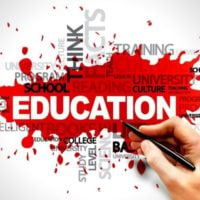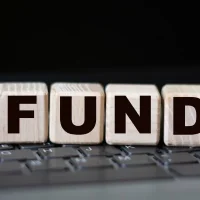Deadline: 27-Apr-23
The U.S. Department of State, Bureau of Democracy, Human Rights, and Labor (DRL) has launched an open competition for organizations interested in submitting applications for projects that support Freedom of Expression in Central Asia.
DRL seeks programs that would work with a cadre of journalists and media professionals from across Central Asia to increase media coverage of regional water issues from a balanced, investigative, science-based perspective of the mutual necessity for the proper management of water, a shrinking and shared resource. Successful applicants will provide journalists and media professionals with the tools to report stories that outline each Central Asian country’s individual water resource requirements and perspectives, while at the same time, report on how each countries’ role in managing water impacts the other and the region as a whole. Proposals should have elements of conflict-sensitive reporting, so as not to further inflame tensions over shared resources, but by reporting from a position of mutual understanding and how this issue is one that impacts the region as a whole.
DRL’s goal is to increase the amount of relevant, balanced, and reliable information available to citizens’, advocacy groups, and policymakers’ so they can strengthen regional cooperation, and contribute to the development of a shared vision among stakeholders on sustainable water management and environmental protection.
DRL requires all programs to be non-discriminatory and expects implementers to include strategies for nondiscrimination of individuals/organizations/beneficiaries based on race, color, religion, sex, gender identity, gender expression, sex characteristics, sexual orientation, pregnancy, national origin, disability, age, genetic information, marital status, parental status, political affiliation, or veteran’s status.
Competitive proposals may also include a summary budget and budget narrative for 3 additional months following the proposed period of performance. This information should indicate what objective(s) and/or activities could be accomplished with additional time and/or funds beyond the proposed period of performance.
Where appropriate, competitive proposals may include:
- Opportunities for beneficiaries to apply their new knowledge and skills in practical efforts;
- Solicitation of feedback and suggestions from beneficiaries when developing activities in order to strengthen the sustainability of programs and participant ownership of project outcomes;
- Input from participants on sustainability plans and systematic review of the plans throughout the life of the project, with adjustments made as necessary;
- Inclusion of vulnerable populations;
- Joint identification and definition of key concepts with relevant stakeholders and stakeholder input into project activities;
- Systematic follow up with beneficiaries at specific intervals after the completion of activities to track how beneficiaries are retaining new knowledge as well as applying their new skills.
Funding Information
- Total Funding Floor: $750,000
- Total Funding Ceiling: $750,000
- Anticipated Number of Awards: 1
- Period of Performance: 18-24 months.
Outcomes
Program outcomes could include:
- Journalists are better equipped to use scientific reports and data in their environmental reporting in a way that is understandable to their audiences;
- Journalists and editorial staff are better able to understand and represent in their domestic reporting on environmental and political complexities regarding water issues and their impact on their country and their Central Asian neighbors;
- A regional network of journalists that are better equipped cover this important regional issue;
- Local media independently produce quality and diversified journalism for different new media platforms and audiences of different generations; and offer more qualified coverage and reporting on environmental topics of importance to the local population.
Eligibility Criteria
- DRL welcomes applications from U.S.-based and foreign-based non-profit organizations/nongovernmental organizations (NGO) and public international organizations; private, public, or state institutions of higher education; and for-profit organizations or businesses. DRL’s preference is to work with non-profit entities; however, there may be some occasions when a for-profit entity is best suited.
- Applications submitted by for-profit entities may be subject to additional review following the panel selection process. Additionally, the Department of State prohibits profit to for-profit or commercial organizations under its assistance awards. Profit is defined as any amount in excess of allowable direct and indirect costs. The allowability of costs incurred by commercial organizations is determined in accordance with the provisions of the Federal Acquisition Regulation (FAR) at 48 CFR 30, Cost Accounting Standards Administration, and 48 CFR 31 Contract Cost Principles and Procedures.
For more information, visit DRL.



